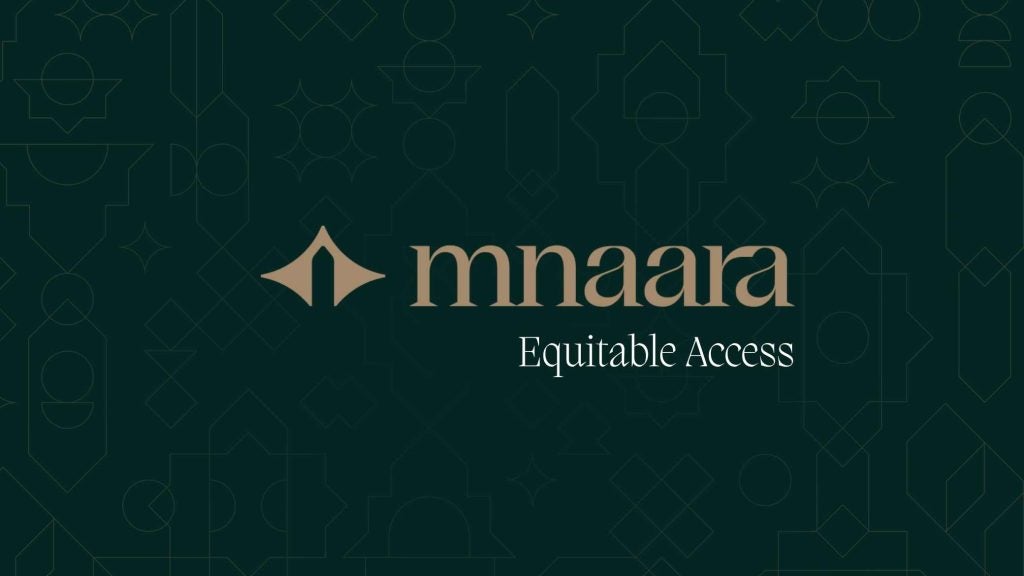
As global wealth becomes increasingly diversified, private banks have to draw on all their experience of managing complexity to ensure relationships start off on the right foot, finds Paul Golden.
High-net-worth-individuals are more global than ever before. If they do not already hold a handful of passports and a portfolio of properties around the world, then their wealth is almost certainly going to span the globe.
“It is the nature of increasing wealth that clients acquire assets in multiple jurisdictions, often as a means of diversifying risk,” says Stephen Richards Evans, Coutts head of international.
Even with the ever-wider use of the common reporting standard (CRS) – which helps clients by creating a consistency of transparency and expectation of information that needs to be shared – it is difficult for clients to use one ‘mega-bank’ for all their wealth management requirements.

Due diligence demands
Servicing and retaining clients represents a significant commitment in terms of time and resources. However, a similar level of commitment is required to ensure new business comes from legitimate sources.
Paul Kearney, head of private banking at Kleinwort Hambros, explains that a great deal of client due diligence takes place to ensure the bank engages with clients where it has a detailed understanding of their background and source of wealth. This can become complicated when dealing with international clients who do not come from sophisticated jurisdictions with an auditable track record.
How well do you really know your competitors?
Access the most comprehensive Company Profiles on the market, powered by GlobalData. Save hours of research. Gain competitive edge.

Thank you!
Your download email will arrive shortly
Not ready to buy yet? Download a free sample
We are confident about the unique quality of our Company Profiles. However, we want you to make the most beneficial decision for your business, so we offer a free sample that you can download by submitting the below form
By GlobalData“If someone from the UK, for example, says they made their money by starting a business with funds from an inheritance, sold the business and invested in real estate and then sold those investments, there are public records that can be interrogated to verify this,” adds Kearney.
He suggests that some clients have become more attuned to what they need to do to become a client of a private bank and are able to present a chronology the bank can understand, while those who have not changed their banking relationship for maybe 10 or 20 years are taken aback by the change in approach from the last time they were onboarded.
“Legal and regulatory authorities require us to test the veracity of clients’ statements and this sometimes produces difficult conversations – for example, ascertaining the source of wealth behind an inheritance,” says Kearney. “However, the fact that such standards are applied across the bank regardless of where the client is based is a source of reassurance.”
Language differences that may require translation assistance and different cultural norms are further examples of the challenges that exist when onboarding multi-jurisdictional clients, although Mike Reed, head of wealth management for Southeast Asia at RBC Wealth Management stresses that while these challenges need to be tackled methodically, they are not necessarily insurmountable.
“In addition, regulatory requirements differ by country, meaning that the ability to provide advice to a client may vary, and there are also differences in tax implications based on local rules and deemed residency,” he says. “Finally, reporting requirements such as FATCA can be complex, particularly if structures are in place.”
Reed says key issues for his clients, such as estate, retirement, legacy and philanthropic planning, are not necessarily solved through transactional solutions. “Instead, high net worth families are seeking advice on how best to structure their wealth to meet their goals,” he adds. “So while clients expect wealth managers to be able to have many types of investments, increasingly they are seeking comprehensive advice over solutions.”

No one-size-fits-all
Many private banks have similar platforms and investment offerings and clients generally know that they can access execution, advisory and discretionary services at most large wealth managers.
“It is logical that the largest private banks are usually those with the most extensive global footprint,” says Reed. “That said, in my experience, clients want to also work with wealth managers that are deeply knowledgeable in their own region, in addition to providing global capabilities and service.”
Kearney says he is in the fortunate position of not having to turn many clients away because the bank lacks the breadth or depth of expertise they require, although there are some alternative sectors in which it doesn’t operate.
“In areas such as fine art we can make introductions to experts, but we have to undertake quite a rigorous due diligence exercise to make sure they are someone we are happy to recommend to a client,” he adds.
One option for managing investments and interactions across multiple jurisdictions is through a relationship model, explains Charlie Hoffman, managing director HSBC Private Bank. “Where we have complex family relationships that span many territories we assign a global relationship manager to look after the client,” he says.
Hoffman agrees that clients don’t expect private banks to have expertise across every conceivable type of investment, but adds that they do expect expertise in all the mainstream asset classes and for their bank to add value through access to opportunities that others may not have.
“Mainstream isn’t just stocks and bonds but includes complex private equity, while adding value could be co-investment opportunities in that private equity arena,” he says. “However, there will always be niche investments where specialist firms may be better placed to advise. It is always helpful when a private bank knows where to begin and end.”

On the question of scale, Kearney notes that some clients will value the ability to use a single institution for banking, investment and leverage, while others will just want their private bank do one thing well.
A spokesperson for LGT Private Bank observes that clients often have a set of lawyers and tax consultants that they work with and attach greater importance to working with a bank that delivers its services in a coordinated and consistent way. “A certain minimal size is important because the breadth of services/expertise and the international footprint of small banks are often too narrow,” he says.
“We see clients differentiating between the selection of execution banks for certain locations and banks they trust to provide advice at the portfolio level of their wealth and provide actionable ideas on the components of their portfolio no matter where the assets are located.”
Which jurisdiction is best?
From a geographical perspective, Michael Vlahovic, head of private banking at EFG Private Bank (UK) says the advantages of working with a dedicated Swiss private bank include a depth of investment experience and range of internationally-relevant products combined with Switzerland’s stability and expertise as one of the world’s leading financial centres.
But Claudio de Sanctis, head of DB WM Europe and CEO of Deutsche Bank (Switzerland) reckons it will become increasingly difficult to run a sustainable cross-border EU27 business out of Switzerland for mass affluent and high net worth business.
In June, the EU removed the special ‘equivalence’ status given to Switzerland’s financial markets, meaning that Swiss stocks can no longer be traded from an EU country and vice-versa. The move was in response to the Bern’s refusal to sign a single framework to replace the current 120 separate bilateral agreements which currently manage Switzerland’s relations with the EU.
“Competing for clients based anywhere in the EU out of Switzerland against onshore players will be very difficult, which will lead to a substantial shift from Swiss banking booking centres into the leading locations in the EU,” de Sanctis says.
De Sanctis believes Luxembourg will become a more significant booking centre for cross-border European businesses. “However, there is still a significant appeal to families and individuals outside the EU27 in using Switzerland and Swiss-based banks will increasingly target their emerging market franchise,” he concludes.







